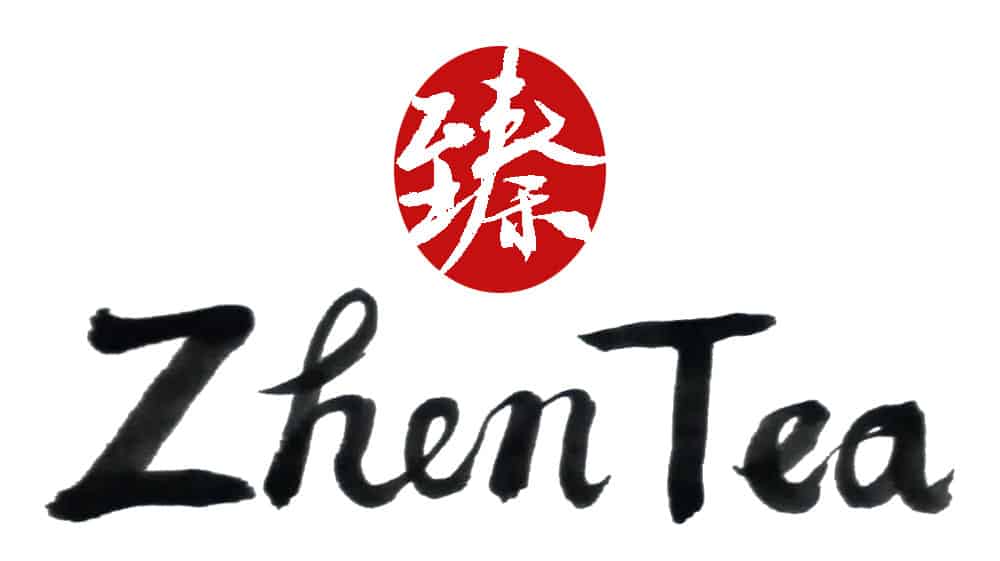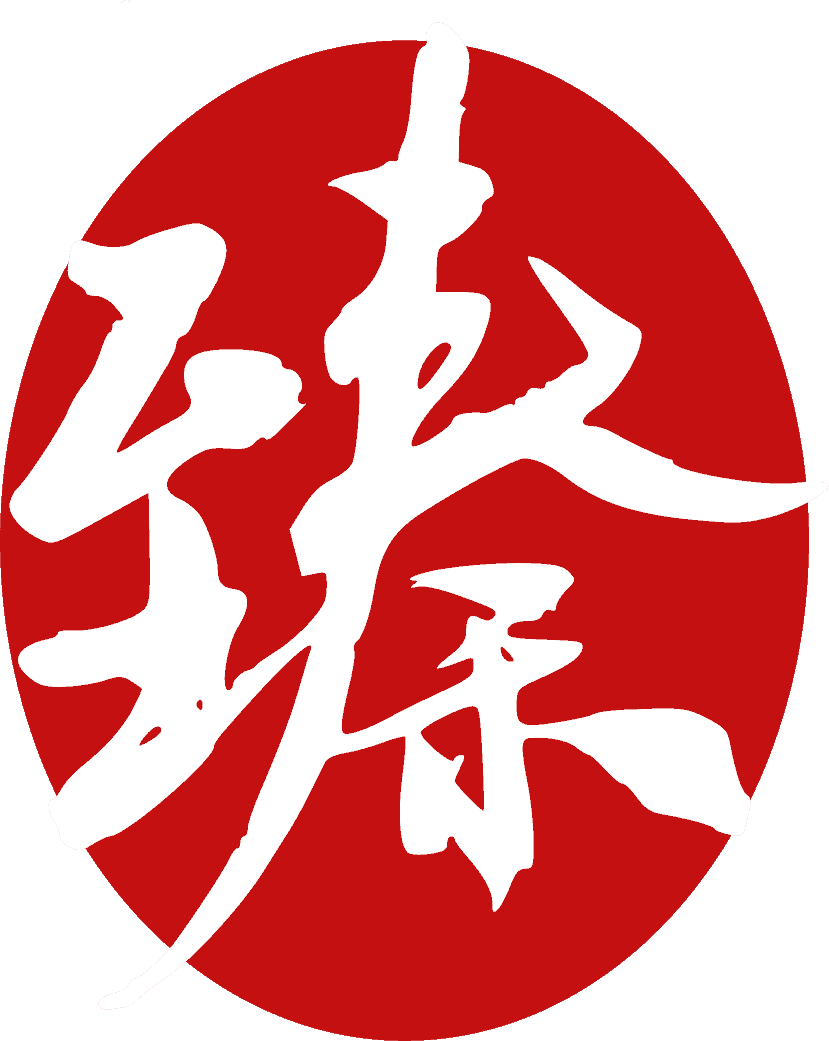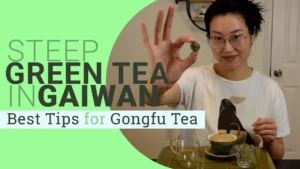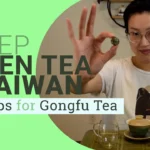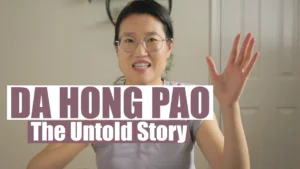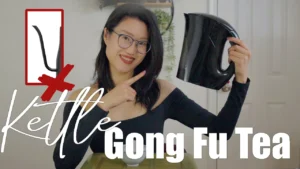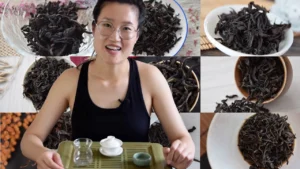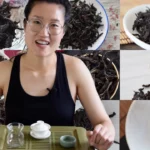This is a little quiz I saw online couple of days ago. I found it quite interesting and shared it with the tea community through social media. The question is simple, based on the two pictures of Wuyi Yancha (rock tea) below same cultivar, can you tell which tea is better? And feel free to take a guess about the cultivar as well.
Tea A or Tea B?
Of course, the most important step in appraising a tea is to taste it. Pictures can be tricky because of lighting or camera inaccuracies. So what’s the point of choosing which tea is better based on the pictures provided here? Is there something that is not affected by the factors mentions above that is clearly shown in the pictures and utterly decides the grade of the tea? Yes. The age of the tea bushes.
At a glimpse, tea A looks better than tea B because the leaves look more alive (xian huo – 鲜活), which is often used as a criterion when comparing two similar grade teas. The ability of a tea to present vivid brewed leaves as if returned to a fresh state is deeply related to the age of the tea plants, the processing of the tea leaves and the skill of the roasting, which are the major factors that affect tea quality. This is biggest reason that lots of advanced Yancha lovers would vote for tea A. But with a closer look, tea B reveals its strength. The leaves look older because of the firmer and more leathery look. However, it holds its shape better, which is my gold tip for comparing age of the tea plants. The older the tea plants are the better the leaves can hold the shape when poured out of the gaiwan after brewing because they are softer. If you can hold a handful of brewed leaves in your hand, you will notice that the older the tea bushes are, the softer the leaves feel. This seemingly contradictory property of looking older but feeling softer is a unique property of leaves from old tea plants. A little ball of brewed leaves that doesn’t fall apart easily after being poured out of the gaiwan is definitely desired in oolong tea.
Of course, we can also talk about the processing reflected by the leaves, but since there are no glaring mistakes in the processing evident in either picture,, this becomes a minor issue in terms of deciding the grade/quality of the tea.
Neither of the teas are bad teas. To be more precise, both teas are of excellent grade. Tea A is from Huiyuan Keng, Tea B is from Niulan Keng. Both are from the most desired locations (san keng liang jian – 三坑两涧) in the Wuyi Mountains. Their preciousness is unquestionable.
Cultivar
Only one of the responses I got had a guess of the cultivar. Full disclosure, I didn’t figure out the cultivar either. All I could tell was that it’s not a traditional/famous Wuyi cultivar like Shui Xian or Rou Gui. Among hundreds of cultivars in Wuyi, especially with tonnes of new cultivars, I really couldn’t pinpoint an answer. The closest answer I got from the people that I quizzed was from our consultant Ms. Wu, “it’s not a traditional Wuyi cultivar, it is a cultivar from the Anxi area (based on the look of the leaves)”. Wow!
The cultivar of both teas is Mei Zhan, a cultivar from Anxi. Some people say it got this unique name because the aroma of this cultivar is reminiscent of the fragrance of wax flower, some say it’s because of the spicy plum like aroma during processing. It’s quite an old cultivar in the Anxi area, but it’s a less favoured child of the region because it’s less fragrant compared to Huang Jin Gui and has less “yun” (韵 means the richness and the complexity of the taste) compared to Tie Guan Yin. However, the recent explorative trend in the Chinese tea market has given this tea a new life. It is known to many people as a Yancha nowadays. It was also the Mei Zhan cultivar that was first made into black tea in the Anxi area. The characteristics of Mei Zhan transform quite nicely into black tea, and I hope we can find some decent Mei Zhan black tea to introduce to you some day.
